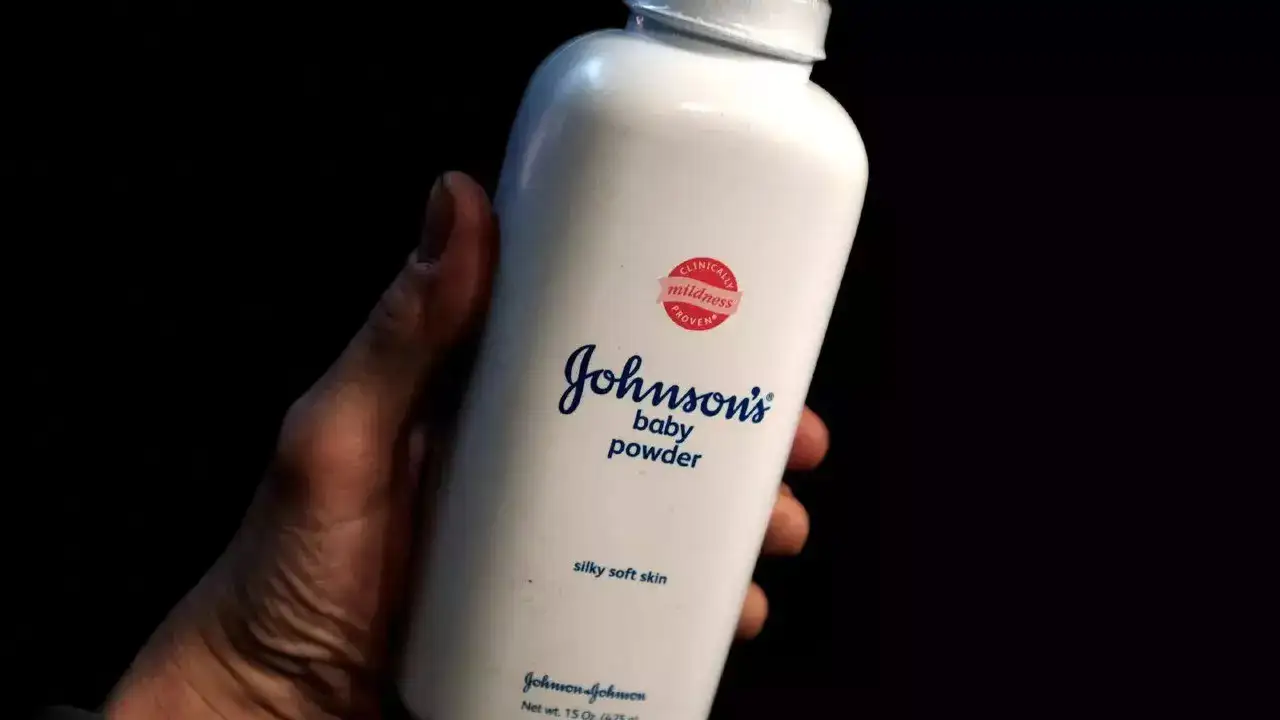
New York: J&J is not pursuing a settlement outside of bankruptcy * J&J wants to discredit lawyers pursuing “meritless” talc cases .
Plaintiffs’ lawyers say J&J is rehashing failed attacks By Dietrich Knauth – Johnson & Johnson has signaled that it will attempt to disqualify certain plaintiffs’ lawyers and use other aggressive litigation tactics as it resumes defending tens of thousands of lawsuits alleging that its baby powder and other talc products caused ovarian cancer after three failed attempts to resolve the cases in a bankruptcy settlement.
The company said in a Tuesday investor call that it has no interest in settling the current lawsuits outside of bankruptcy, because a non-bankruptcy settlement would keep it vulnerable to future talc lawsuits. J
&J said it will now attempt to combat the “meritless” claims by discrediting plaintiffs’ lawyers and their scientific experts on whose testimony they rely. J&J quickly followed that announcement with a court filing later Tuesday, laying out some of its renewed challenges to plaintiffs’ lawyers in a New Jersey federal court proceeding where more than 58,000 lawsuits alleging that its baby powder and other talc products contained asbestos and caused ovarian cancer have been centralized.
J&J says that its products are safe, do not contain asbestos and do not cause cancer. It stopped selling talc-based baby powder in the U.S. in 2020, switching to a cornstarch product. The company asked the judge overseeing the multidistrict litigation to put several matters back on the schedule, including J&J’s renewed effort to disqualify Beasley Allen, a law firm that has led negotiations for the plaintiffs.
J&J also said it wants to probe the plaintiffs’ lawyers sources of litigation funding. Beasley Allen’s Andy Birchfield said Wednesday that J&J had already tried and failed to disqualify his firm. “J&J is trying to focus on everything except the fact that their baby powder contained asbestos,” Birchfield said.
“They don’t want any focus on that, so they are going to attack me, and they are going to attack Beasley Allen in an effort to distract from their bad conduct.” Other plaintiffs’ lawyers echoed that criticism. Majed Nachawati, an attorney who represents about 5,000 plaintiffs with ovarian cancer claims and who supported J&J’s latest bankruptcy settlement offer, said that J&J should stop attempting to “deflect” attention onto plaintiffs’ lawyers and instead take accountability after the “complete and utter failure” of its legal strategy.
J&J declined to comment on specific criticisms by plaintiffs’ lawyers on Wednesday. The litigation has roared back to life after a U.S. bankruptcy judge in Houston on Monday rejected J&J’s attempt to resolve the lawsuits with a $10 billion settlement, a setback that follows two previous failures of its bankruptcy strategy in other courts.
The controversial strategy, dubbed by critics as a Texas two-step, shifted J&J’s talc liabilities into a newly created entity that filed for bankruptcy and stopped lawsuits from proceeding against J&J. J&J’s worldwide vice president of litigation, Erik Haas, said during Tuesday’s call that plaintiffs’ lawyers were “sorely mistaken” if they thought J&J would simply take the money set aside for a bankruptcy deal and push it toward a revised settlement.
Attorneys representing cancer victims had been deeply divided over J&J’s pursuit of a bankruptcy settlement. Some supported the deal as the best way to get compensation for their clients, while others argued J&J was gaming the legal system to suppress settlement values and gain bankruptcy protections meant for people and companies that cannot afford to pay their debts.
J&J has won most of the trials in ovarian cancer cases and it successfully appealed some of its initial losses, with a $2 billion verdict standing as an outlier loss for the company.
But its record will be tested in coming months as more individual cases are allowed to go to trial after years of delays caused by J&J’s repeated bankruptcy filings since 2021. J&J has said that the lawsuits are based on “fake science.”
The judge is conducting a fresh review of the scientific evidence that can be used in the litigation, giving J&J a new opportunity to contest the evidence linking talc to ovarian cancer.
The company has also said it will renew efforts to directly sue researchers who have testified as plaintiffs’ experts. Judges dismissed two lawsuits in 2024 that the company filed against scientists whose research and testimony was used to support plaintiffs’ claims at trial.
(Reporting by Dietrich Knauth in New York)

